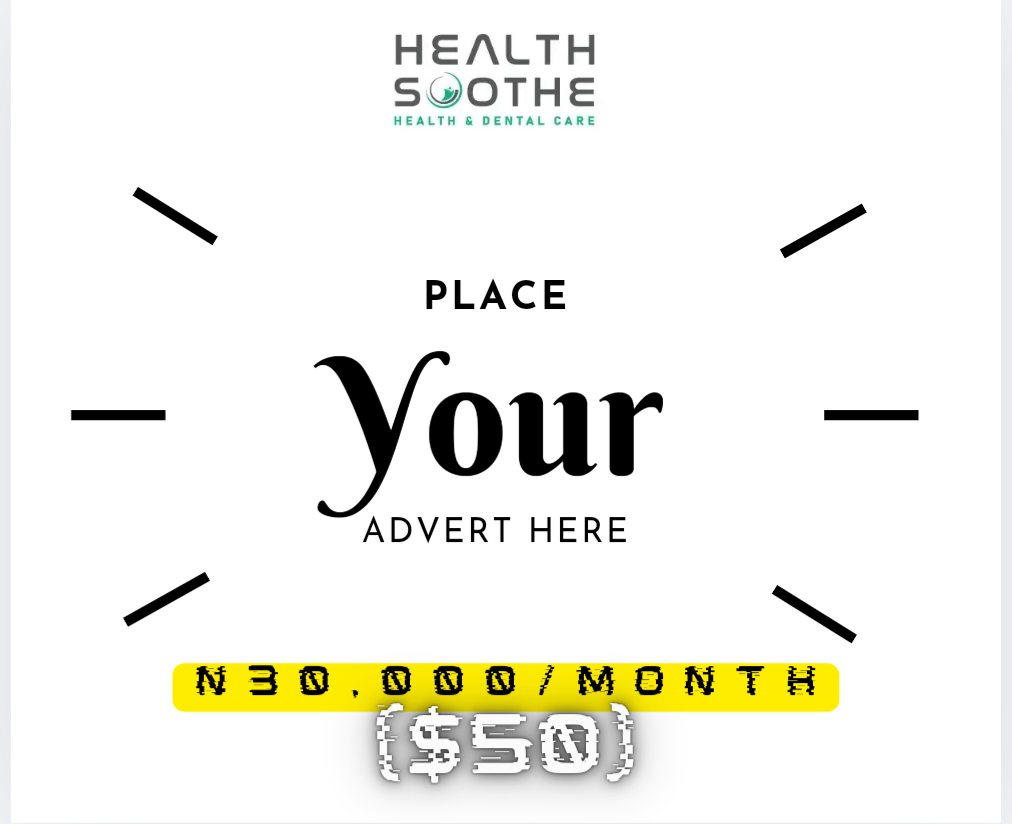- Understanding Print on Demand
- Raising Awareness With Personalized Merchandise
- Encouraging Dialogue and Breaking Stereotypes
- Backing Mental Health Organizations
- Creating Authentic and Meaningful Merchandise
- Addressing Copyright and Intellectual Property Concerns
- Achieving Success in the Print On Demand Market
- Conclusion
In recent times, there has been a rise in the recognition and attention given to mental health. Many individuals have bravely shared their stories and experiences, leading to a growing movement that seeks to support mental health advocacy. One popular method of spreading awareness and demonstrating solidarity is through merchandise. The print on demand (POD) model's emergence has simplified the creation and distribution of customized products. This blog post explores the intersection between POD and mental health advocacy, shedding light on merchandise's impact in raising awareness and combating stigma.
Understanding Print on Demand
To grasp the connection between print on demand and mental health advocacy, it is first essential to comprehend what a print on demand business entails. A print on demand business model empowers individuals or businesses to design and produce their products without requiring substantial upfront investments or inventory management. With POD, producers make products when customers place an order, making it an economical and efficient approach for bringing merchandise into the market. This innovative model has revolutionized e-commerce by enabling anyone with the vision to become a designer-cum-entrepreneur within minutes.
Raising Awareness With Personalized Merchandise
Utilizing the potential of merchandise, advocates for mental health have discovered an innovative approach to spreading awareness, initiating discussions, and reducing the stigma surrounding mental health issues. By creating products featuring thought-provoking slogans, empowering quotes, or imagery representing the journey of well-being, these advocates can convey a message to society. The range of possibilities for merchandise is vast, including items like t-shirts, hoodies, mugs, and phone cases.
Encouraging Dialogue and Breaking Stereotypes
Wearing or using merchandise promoting mental health advocacy can catalyze conversations where individuals can share their experiences or express support for those facing challenges. By making discussions about mental health more commonplace and accepted in society, these products contribute to dismantling stereotypes and fostering an inclusive environment. For someone who may feel isolated on their journey with mental health struggles, witnessing another person proudly sporting a shirt related to mental well-being can be a powerful reminder that they are not alone.
Backing Mental Health Organizations
Through a print on demand business, advocates for mental health can contribute towards the cause by donating a portion of the proceeds from the merchandise sales to relevant charities or organizations, helping raise funds for initiatives, and amplifying the reach and impact of advocacy efforts. To make an impact on the lives of those affected by mental health issues, individuals can show their support by wearing or using merchandise that supports mental health organizations.
Creating Authentic and Meaningful Merchandise
When designing merchandise for mental health advocacy, it's essential to aim for authenticity and meaningfulness in your designs. Emotional slogans, powerful imagery, and relatable quotes can effectively convey the struggles, triumphs, and resilience associated with mental health. Striking a balance between raising awareness and promoting positivity is crucial as it encourages people to seek help and embrace their health journeys.
Addressing Copyright and Intellectual Property Concerns
Navigating copyright and intellectual property concerns is essential when designing health advocacy merchandise. While it may be tempting to incorporate cultural references or famous slogans, respecting copyright laws should always come first. Obtaining the necessary licenses or permissions is essential to avoid any issues. Alternatively, considering custom designs or collaborating with a designer who can create custom artwork specifically for this cause is ideal.
Achieving Success in the Print On Demand Market
Launching a campaign for mental health advocacy merchandise requires careful planning and execution. Here are some tips for finding success in the print on demand market:
Understand your target audience: it's essential to tailor your designs to effectively reach your target audience with your merchandise.
Select the products: Consider the type of merchandise that will resonate well with your intended audience. T-shirts, hoodies, and accessories like pins or stickers are great for advocating health.
Ensure high-quality designs: Invest in design services or utilize design tools to create visually captivating and impactful designs.
Implement marketing strategies: Utilize social media platforms, blogs, and other online channels to spread the word about your merchandise campaign. Engage with your audience and encourage them to share their experiences.
Collaborate with influencers: Partner with influencers or advocates with a following or influence within the health community. Their endorsement can significantly amplify your message and boost sales.
Conclusion
Print on demand presents a platform for health advocates to raise awareness and combat stigma through personalized merchandise. By creating products, initiating discussions, and supporting health organizations, advocates can truly make a lasting impact on individuals facing mental health challenges. With the ability to create and distribute customized merchandise, mental health advocacy has become more accessible and influential. Together, we have the power to build a society that embraces empathy and support for well-being.

